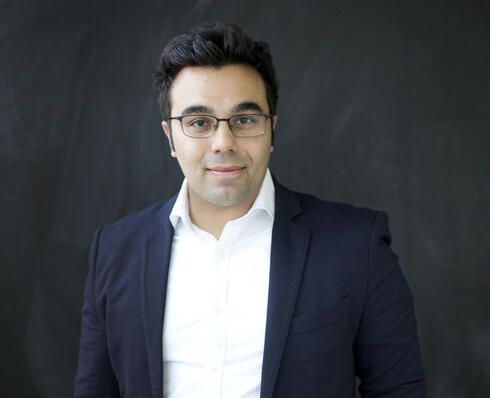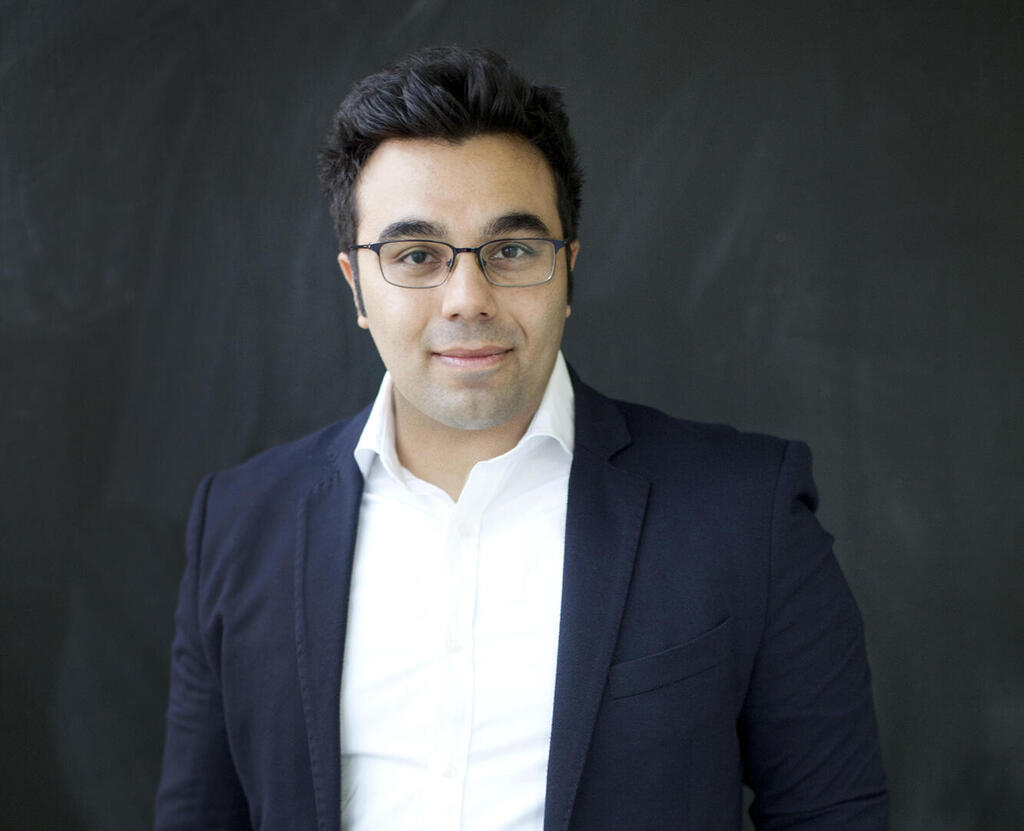
Opinion
The "high-tech protest" is at odds with the tech industry's drive for diversity and inclusion
The portrayal of high-tech workers in Israel as a single cohesive social group that supposedly opposes the judicial reform is completely at odds with the need for including workers from diverse cultural and political backgrounds in the industry, writes Moran Chamsi, managing partner at the secondary fund Amplefields Investments
It's crucial to stop the current division in Israel, regardless of the positions of those for or against the judicial reform, and the sooner the better. Israel's high-tech industry has made a conscious effort over the years to integrate as many minority populations as possible and has miraculously achieved a level of diversity and inclusion that reflects the country's melting pot; this worthy effort has taken years to build, yet it has borne fruit, which we have been reaping in recent years in increasing and significant ways.
Although the current protest movement is legitimate, branding it as a "high-tech protest" does an injustice to the high-tech industry by not accurately depicting the reality on the ground. Is it possible that there are no varying or diverse opinions within the industry? Are there no politically right-leaning high-tech workers or those who endorse the legal reform (whether in its entirety or with modifications)? Of course, there are; and they're not a small minority. While they may be underrepresented compared to the general population, they do exist. They are just afraid to express their opinions because they are aware of what's perceived as the "correct" viewpoint.
Associating the entire high-tech industry with any political agenda – no matter which side – causes enormous damage to the ongoing efforts to promote diversity in high-tech companies. For every demonstration that thousands of high-tech workers attend, there are thousands more who stay at home; for every CEO who voices opposition to the legal reform in an interview, there are others who don't agree but refrain from being interviewed, and not only because they opted not to join the protest. Similarly, for every CEO who transferred money out of the country in response to the reform, there are many who chose not to do so. The high-tech industry includes talented people from across the political spectrum. The feeling is that the boundaries of liberalism stop as soon as someone expresses an unfavorable viewpoint, and diverse opinions are not given a chance to be heard.
Endorsing the politicization of high-tech is wrong. While high-tech companies should support their employees' freedom to protest, they should not promote an agenda or clearly align their companies with any particular party. Tens of thousands of workers in the industry are uncomfortable with the rift that has been created in Israeli society and do not want to be classified as being on the right or left side of the political map. Yet when this is the general tone, they feel like they don't belong. It's not fair to them and it's certainly not the high-tech culture we know that promotes diversity, inclusivity and tolerance towards one another.
Moreover, it's precisely the minority populations that we want to integrate into the industry and that will have difficulty doing so if they feel that high-tech workers belong to a guild espousing certain "correct" views while others do not. The high-tech sector should remain apolitical, a haven for workers from all cultural and political backgrounds who hold a variety of different opinions. It should promote a respectful discourse that accommodates everyone. This is what has made it possible until now for the flourishing growth and leadership of high-tech to achieve diversity and inclusion as well as enable them to permeate Israel's economy and society – and this is what needs to be preserved.
There are some who think that Israeli democracy is currently in great danger and that there's no better time than now to protest. Meanwhile, there are others who are convinced that the reform is more necessary than ever. Among these groups, it's widely believed that the high-tech industry can lead an open and respectful discourse, as it has always done. This sector can serve as the responsible adult by avoiding the promotion of any particular political agenda over another or the encouragement of extreme and violent rhetoric. Instead, it can work towards bridging the divide and promoting open communication that allows all opinions to be voiced.
I once heard a poignant statement from Rabbi Lau, the former chief rabbi of Israel. He said, "In dying together we are generals, in living together – barely privates." Israel's high-tech sector, the economy's driving engine, which encompasses a wide range of societal groups, including rightists, leftists, secular, religious, ultra-Orthodox and immigrants, is precisely the industry that champions innovation and progress. This industry has the potential to lead us jointly at least toward the rank of corporal.
Moran Chamsi is the managing partner at the secondary fund Amplefields Investments















